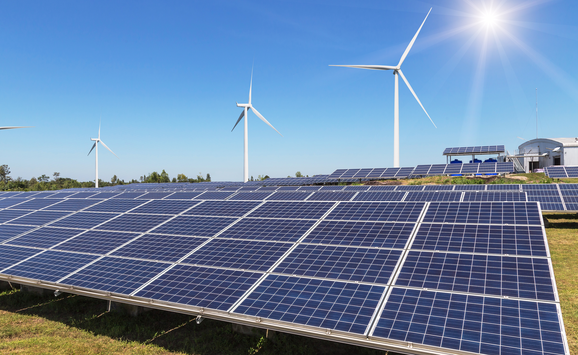Each week, we review the papers, studies, reports, and briefings posted at the “indispensable” RFF Library Blog, curated by RFF Librarian Chris Clotworthy.
Energy Darwinism II — Energy Storage: Game Changer for Utilities, Tech & Commodities
[Reneweconomy.com.au] A major new report from researchers at investment bank Citigroup predicts that the payback for rooftop solar plus battery storage systems will, by 2020, beat the payback on solar-only systems now. Its forecasts are based on the assumption that battery storage costs will halve over the next 5, 6 or 7 years to around $230/KWh. That would make storage financially attractive enough to increase manufacturing and further accelerate the fall in battery storage system costs towards $150/KWh. – via Citibank
MIT Climate CoLab Proposals for a U.S. Carbon Price
[From a Climate Wire article by Niina Heikkinen, sub. req'd] Last week, the Massachusetts Institute of Technology Center for Collective Intelligence announced the winners of the 2014 Climate CoLab, a project that uses crowdsourcing to develop effective proposals to mitigate the effects of climate change. Contestants from around the world have proposed hundreds of ideas that were evaluated and voted on by judges and Climate CoLab members, eventually narrowing the field to 34 winners in 17 categories. One of the more politically contentious categories was a prompt to design a national carbon price in the United States. The judges selected two winning proposals in the category, one that would create a carbon tax, and the other, a cap-and-trade program with a twist. – via MIT Climate CoLab
[Fuel Fix] Methane emissions from oil and gas wells on federal lands and waters jumped 135 percent between 2008 and 2013, a new analysis shows, driven by a drilling boom in New Mexico and North Dakota that has outpaced the buildout of new pipelines and processing centers. The study, completed by Stratus Consulting for The Wilderness Society and the Center for American Progress, documented the uptick in methane being vented or burned as waste from wells on public lands and waters using data from the Interior Department’s Office of Natural Resources Revenue. – via Stratus Consulting for the Wilderness Society and the Center for American Progress
Global CO2 Threat Level Indicator
[Tech Times] The Global CO2 Threat Level Indicator allows users to monitor carbon dioxide levels worldwide, utilizing a simple online meter. Changes through time are also vividly displayed. Climate-KIC has created the monitoring system, which allows users to see how fast levels are rising. They hope that such a graphic demonstration of increasing levels of carbon dioxide (CO2) will help lawmakers and the public easily see the serious nature of the global problem. – via Climate-Knowledge and Innovation Communities (Climate-KIC)
[Think Progress] Fully implementing an EPA policy that aims to clean up the Chesapeake Bay would result in billions of dollars in economic benefits, according to a new report. – via Chesapeake Bay Foundation




